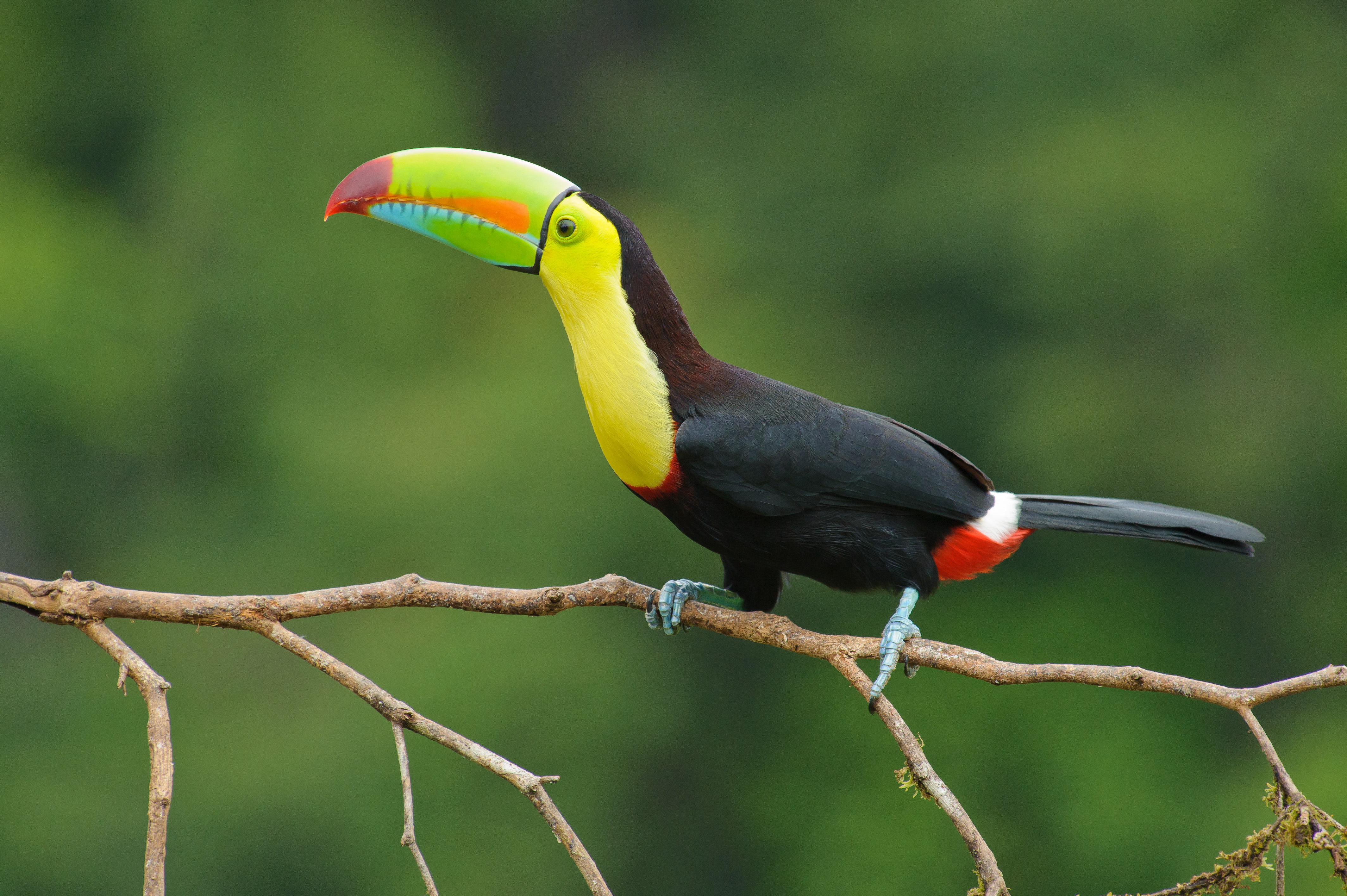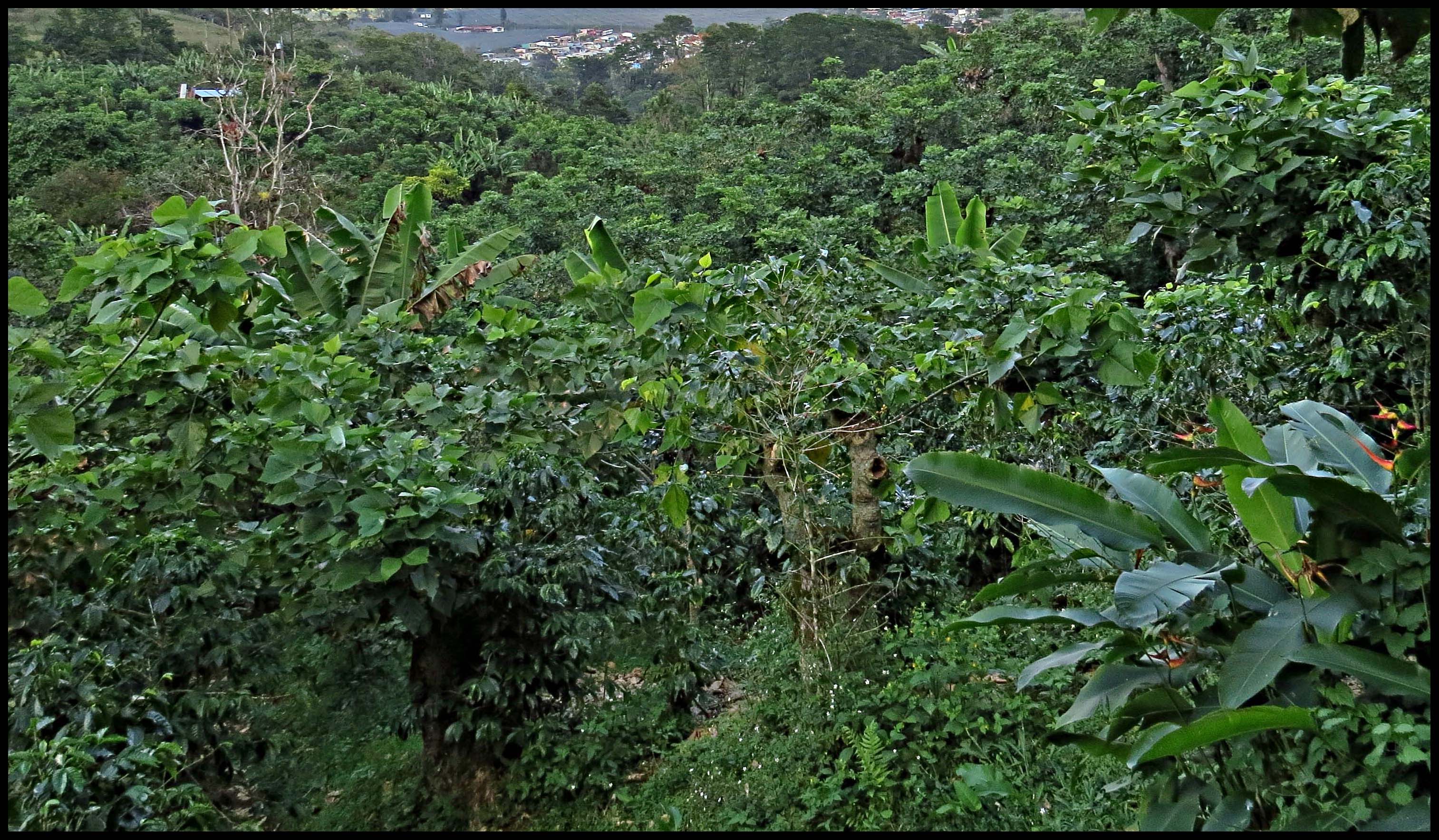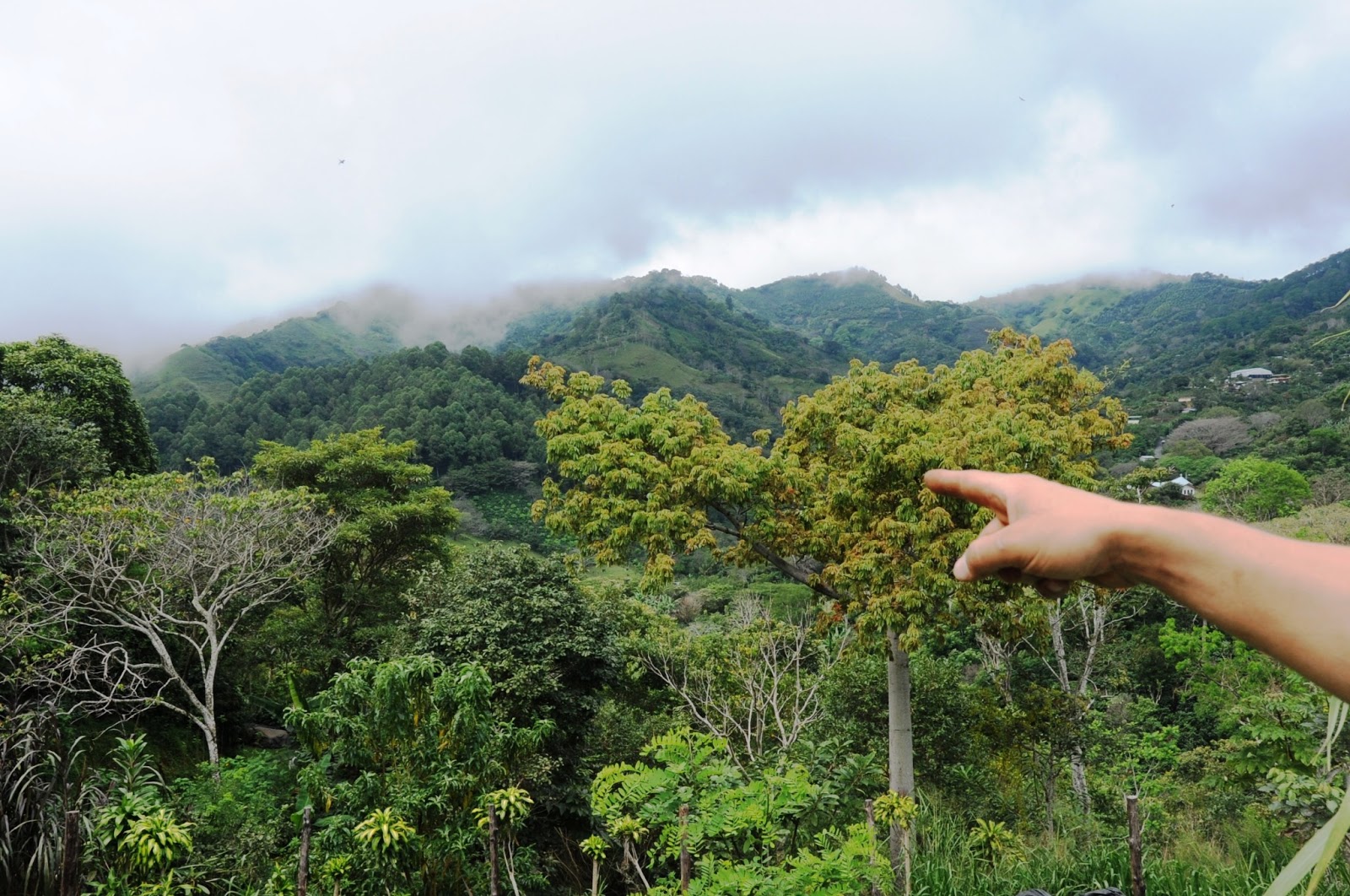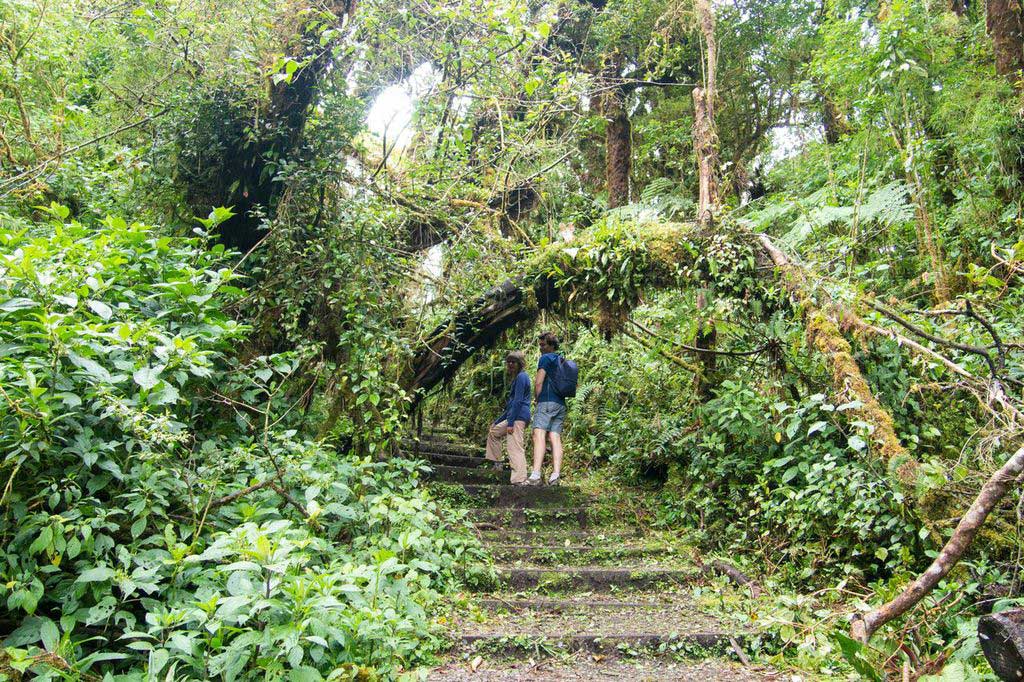Travel: Costa Rican Coffee Farms

Coffee has been produced in Costa Rica since the late 1700's, accounting for over 20% of their national production. Costa Rica sits between the Caribbean sea and the pacific, bordering Panama and Nicaragua. The country is known for its beautiful beaches, rain forest and active volcanoes.
The soil is rich and full of nutrients - a perfect soil for coffee cherries. Costa Rican coffee is high in caffeine and is considered some of the best in the world.
Coffee is grown in 5 different regions across Costa Rica and below are some of the farms that grow this delightful crop.
Finca Cristina
Location: Cartago, Costa Rica

Finca Cristina is an organic, shade-grown coffee farm, dedicated to producing the finest coffee while protecting and preserving the native flora and fauna. The farm is located in the middle of a major flyway for neotropical migratory birds in Costa Rica, thus providing an important habitat for species that breed in North America and winter in tropical areas. On Finca Cristina growing coffee is more like a natural habitat than a mono-culture. Apart from the coffee growing under the shade of the Erythrina trees, there is a whole mix of wild flowers, insects, birds and many more living organisms which all play a very important role in making coffee from Finca Cristina a superb quality.
El Toledo Organic Coffee Plantation
Location: Atenas, Alajuela, costa Rica

El Toledo is a small family owned farm in the middle of the rain forest where they produce a limited amount of coffee, 3 months a year. The coffee trees grow wild in the middle of the rain forest. The remainder of the year, the family prepares the coffee beans for sale and provides tours of their mountaintop farm.
Finca Rosa Blanca
Location: Heredia, Costa Rica

Finca Rosa Blanca has 30 acres of hard bean coffee which is certified organic, is certified sustainable by Rain Forest Alliance and ICAFE (Costa Rican National Organization for Coffee). They have planted over 5,000 native trees on their coffee plantation. These trees produce shade and nitrogen for their organic coffee and have created biological corridors for the birds and animals in the area. They do not use any pesticides and only use natural methods to keep bugs and fungus away from the coffee beans.
